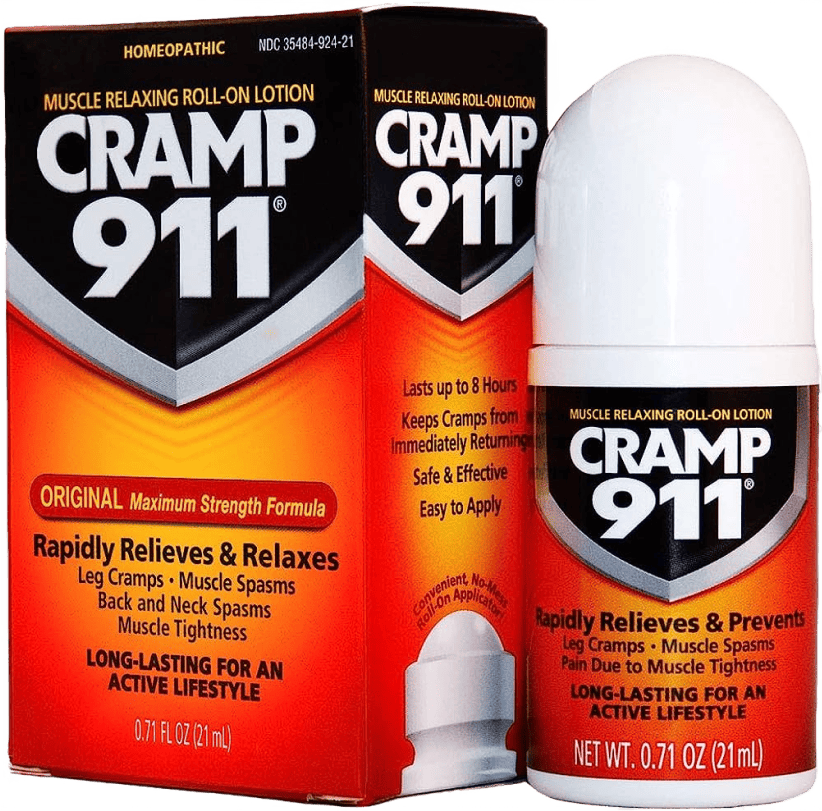Discovering what foods to eat for leg cramps can be a game-changer in managing this common yet often overlooked health issue.
This article is your comprehensive guide to understanding which foods can help alleviate leg cramps, backed by nutritional science and practical advice.
Read on to transform your diet and find natural relief from leg cramps.

Understanding Leg Cramps and Nutrition
Leg cramps occur when muscles involuntarily contract and cannot relax. While they can happen to anyone, certain factors like dehydration, electrolyte imbalances, and nutrient deficiencies can increase their frequency and severity.
Understanding these triggers is the first step in using nutrition to combat leg cramps.
Essential Nutrients for Muscle Health
Several nutrients play a crucial role in maintaining muscle health and preventing cramps:
- Magnesium: This mineral is vital for muscle relaxation. A magnesium deficiency can lead to increased muscle tension and cramps.
- Potassium: Essential for muscle contractions and nerve function, potassium helps regulate muscle health.
- Calcium: Known for its role in bone health, it is crucial for proper muscle contractions and nerve signaling.
- Hydration: Adequate water intake is essential for muscle function. Dehydration can lead to muscle cramps, as muscles require fluid balance to operate correctly.
Balancing Electrolytes for Optimal Muscle Function
Electrolytes like sodium, potassium, and magnesium are electrically charged minerals crucial for many bodily functions, including muscle contractions and nerve signaling. An imbalance in these electrolytes can lead to muscle cramps. A diet rich in these minerals can help maintain the necessary balance, ensuring your muscles function optimally.

Top Foods to Combat Leg Cramps
Incorporating specific foods into your diet can help prevent and alleviate leg cramps. These foods are rich in essential nutrients that aid in muscle relaxation and maintaining electrolyte balance.
Avocado
Avocados are rich in magnesium and potassium, essential for muscle health. They also contain B vitamins, aiding in nerve function and muscle repair. Regular consumption helps maintain electrolyte balance and prevent muscle tightness associated with cramps.
Watermelon
Watermelon provides hydration and is rich in potassium and magnesium, aiding muscle relaxation and recovery. Its natural sugars replenish glycogen stores, preventing cramps.
Coconut Water
As a natural electrolyte-rich drink, coconut water provides potassium, magnesium, and sodium, which are essential for fluid balance and muscle function. It’s especially effective in replenishing lost electrolytes during intense exercise.
Bananas
Bananas are known for their high potassium content. They also contain magnesium and vitamin B6, aiding muscle relaxation and reducing inflammation. Regular consumption helps manage electrolyte balance.
Leafy Greens
Spinach, kale, and Swiss chard are loaded with magnesium, calcium, and potassium, which are vital for muscle function and preventing cramps. Their high fiber content also supports digestive health.
Greek Yogurt
Greek yogurt is an excellent source of calcium, potassium, and protein, essential for muscle contractions, nerve signaling, and muscle repair. It aids in preventing muscle cramps and supports muscle recovery post-exercise.
Sweet Potatoes
Sweet potatoes are nutritious and high in potassium and magnesium, which are key for muscle health. They also offer complex carbohydrates for sustained energy, which improves overall muscle function.
Salmon
Rich in omega-3 fatty acids, salmon is beneficial for muscle health. It also provides vitamin D and B vitamins, crucial for muscle strength and reducing inflammation that can lead to cramps.
Pickle Juice
Pickle juice has gained popularity for its effectiveness in quickly relieving muscle cramps. It’s high in sodium and vinegar, which can help replenish electrolytes and reduce cramp duration.

Lifestyle Tips Beyond Diet
A well-rounded approach to preventing leg cramps involves more than just dietary changes. Incorporating certain lifestyle practices can significantly enhance your muscle health and reduce the frequency of cramps.
Here are some essential lifestyle tips to consider:
Regular Exercise and Stretching
Engaging in regular physical activity is crucial for maintaining muscle health. Exercises like walking, swimming, or cycling improve circulation and muscle strength. Additionally, stretching into your routine, especially after physical activities, helps maintain muscle flexibility and prevent cramps. Stretching is particularly effective in releasing muscle tension and improving overall muscle function.
Staying Hydrated
Hydration plays a vital role in muscle health. Dehydration can lead to muscle cramps as it disrupts the balance of electrolytes in the body, which are essential for muscle function. Drinking plenty of water throughout the day is important, especially if you are physically active or live in a hot climate. Including hydrating foods like fruits and vegetables in your diet can also contribute to maintaining proper hydration levels.

Using Muscle Cream for Immediate Relief
In addition to these practices, using a muscle cream like Cramp911 from Delcorean can provide immediate relief from leg cramps. Cramp911 is a fast-acting, homeopathic muscle cramp relief solution that can be applied directly to the affected area. It’s formulated with FDA-approved homeopathic ingredients, making it a safe and effective option for managing muscle cramps.
Relief with the Right Foods and Cramp911 Today
In your quest to discover the solution for leg cramps, remember that the proper diet and lifestyle changes can make a significant difference in managing and preventing these uncomfortable muscle contractions.
Even with these measures, sometimes you might need immediate relief from sudden leg cramps. This is where Cramp911 from Delcorean comes into play. It’s a fast-acting, homeopathic solution designed to provide quick relief from muscle cramps and spasms.
Whether you’re an athlete, a fitness enthusiast, or someone who frequently experiences leg cramps, determining what foods to eat and using Cramp911 can be an invaluable addition to your muscle health toolkit.


